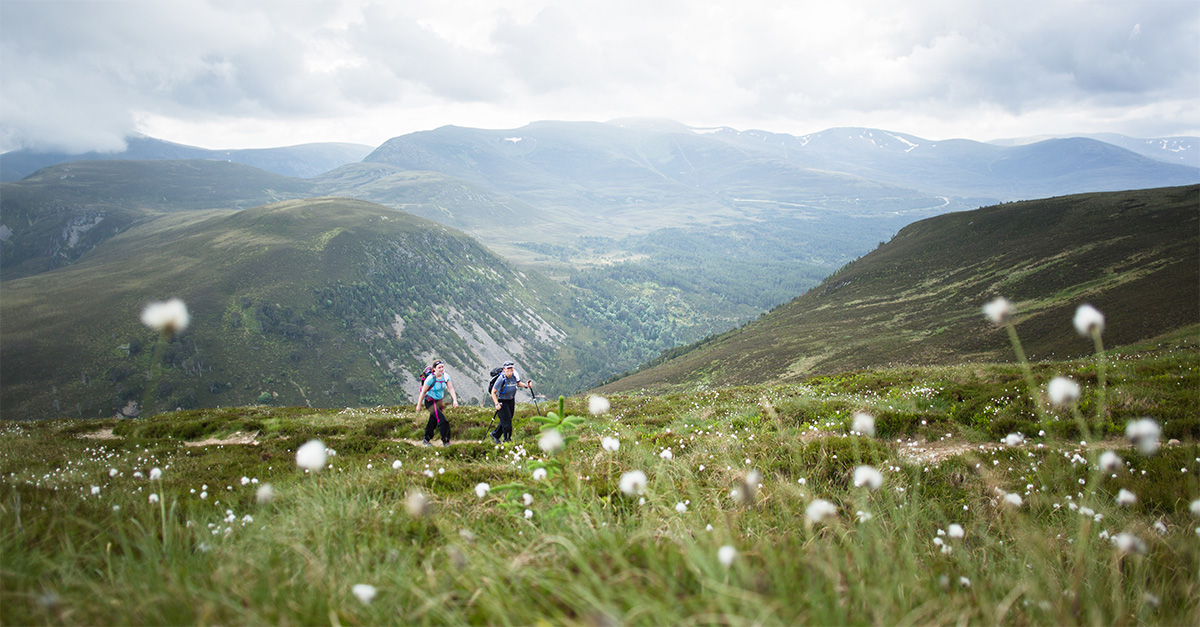You are viewing 1 of your 2 free articles
What’s the deal with carbon labels?
With more touring companies declaring their trips’ carbon footprints, here's what agents need to know to help make a sale
For travel companies looking to meet their sustainability targets, carbon labelling might be the buzzword of the year. Intrepid Travel, Explore, Pura Aventura, HF Holidays, Wilderness Scotland, Responsible Travel and Byway Travel feature on the growing list of operators choosing to publish carbon labels – showing the level of carbon generated per person per trip – in the hope of appealing to an increasingly eco-conscious market.
Measured in kilograms of CO2e (carbon dioxide equivalent) emitted, these indicators take into account key elements of a trip, from accommodation and transport to food, activities and sometimes flights or rail travel from the UK. But can they be used as a selling tool?
What does a carbon label do?
For many, they’re a helpful indication of companies that take their sustainability goals seriously, helping clients to become more aware of their carbon footprint and to compare the environmental impact of different itineraries.
“Customers are becoming more aware of their carbon footprint and wanting to make reductions,” says Hannah Methven, sustainability specialist at Explore. “They’re seeking companies that can provide that data.”
A survey by Intrepid Travel found 70% of respondents were willing to change their everyday behaviour and buying decisions to reduce their carbon footprint.
Two-thirds, however, didn’t know what their carbon footprint was – cue the need for a transparent labelling system.
Gareth Harding, owner and bespoke travel designer at Travelosophers, says carbon labels can help clients make tweaks to their trips to reduce their footprint. “Some trips give clients the option to use a different mode of transport or offset their carbon emissions,” he says.
Do carbon labels work?
But is the mainstream travel market ready for carbon labels?
“Early data suggests the majority of customers are not influenced by a carbon label, so it will not impact sales,” says Charlie Cotton, founder of ecollective, which helps travel firms measure and reduce their carbon footprints.
“That said, it does make a difference. The biggest change we have seen is from [travel brands’] employees – once these carbon scores appear on the website, they want to make better trips.” Harding agrees: “Carbon labelling may not be a decision-making factor for the majority of customers just yet, but by educating them with tangible facts, it allows clients to make informed choices.”
“Carbon labelling isn’t a perfect science and as yet there isn’t an industry-standard measuring methodology,” warns Methven.
“It’s important to check what has – and crucially what hasn’t – been included.”
How much this information affects clients’ booking decisions remains to be seen, but it’s a step forward as the industry strives towards its sustainability goals.
Additional reporting by Yolanda Zappaterra
PICTURE: Wilderness Scotland

